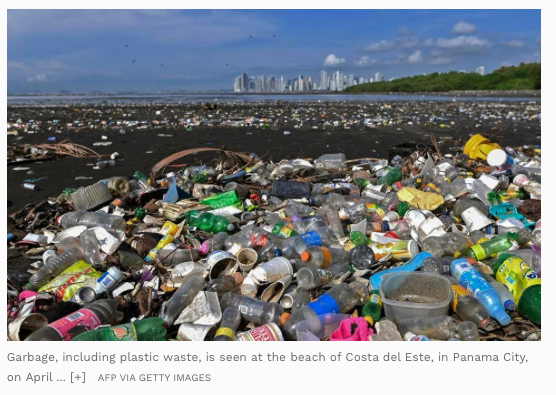TO MAKE PROGRESS, some researchers say, the budding field needs to focus less on the network’s properties and more on its human nodes. Like viruses, misinformation needs people to spread, Tufekci says. “So what you want to really do is study the people end of it,” including people’s reasons for clicking Like or Retweet, and whether misinformation changes their behavior and beliefs.
That’s also difficult to study, however. At UW’s Center for an Informed Public, billions of online conversations are captured every year. If a certain piece of misinformation is identified, “you can go about measuring how it’s amplified, how fast it grows, who’s amplifying it,” says West, who directs the center. “But it is very difficult to see whether that translates into behavior, and not just behavior, but beliefs.”
A review of 45 studies on misinformation about COVID-19 vaccines, recently published as a preprint by researchers in Norway, concluded that—although misinformation was rampant—there were few high-quality studies of its effects. “There is a need for more robust designs to become more certain regarding the actual effect of social media misinformation on vaccine hesitancy,” the authors concluded.
Scientists have tried to study the issue by isolating a very small part of the problem. A recent paper in Nature Human Behaviour, for example, reported the results of an experiment conducted in September 2020, before COVID-19 vaccines became available. Researchers asked 4000 people in both the United Kingdom and the United States whether they planned to get vaccinated, exposed them to either facts or false information about the vaccines in development, then measured their intent again. In both countries, exposure to misinformation led to a decline of six percentage points in the share of people saying they would “definitely” accept a vaccine.





